Animals
-
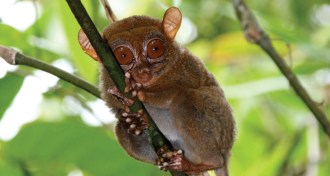 Animals
AnimalsNew subspecies of Philippine tarsier discovered
Genetic tests settle a taxonomic debate surrounding Philippine tarsier, one of the world’s smallest primates.
By Nsikan Akpan -
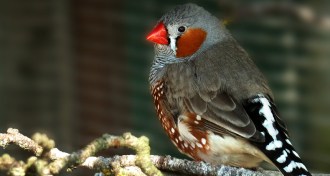 Animals
AnimalsZebra finches go mad with mercury, and other animal updates
Mercury exposure makes zebra finches bold and hyperactive, and additional research from the 2014 Animal Behavior Society Meeting.
-
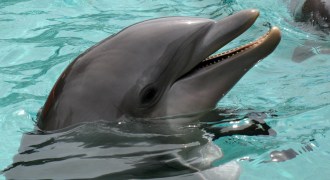 Animals
AnimalsDolphins and whales may squeal with pleasure too
Dolphins and whales squeal after a food reward in about the same time it takes for dopamine to be released in the brain.
-
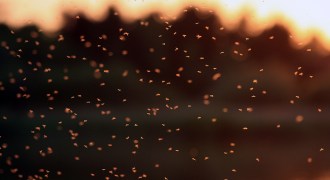 Physics
PhysicsCommon motion emerges in swarms of only 10 midges
A swarm of midges may start to fly as a collective group with as few as 10 individuals, a new study shows.
-
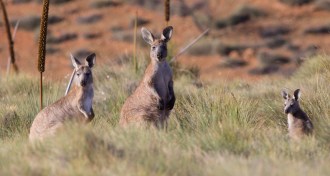 Animals
AnimalsAboriginal lizard hunting boosts kangaroo numbers
An aboriginal technique for hunting lizards with fire in Western Australia feeds wallaroo populations.
-
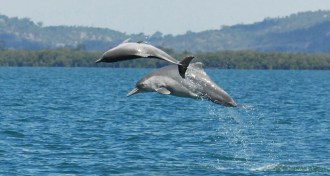 Animals
AnimalsNew dolphin species gets a name
A species of humpback dolphin from Australia has now received its proper name.
-
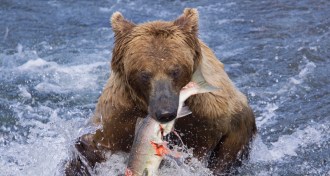 Life
LifeGrizzly bears master healthy obesity
Tuned insulin signals explain how grizzly bears can fatten up for hibernation in the winter without developing diabetes.
By Meghan Rosen -

-
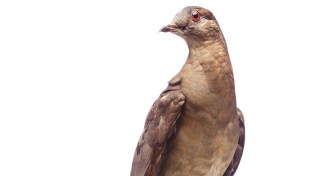 Animals
AnimalsHere’s your chance to see the last passenger pigeon
On display for the 100th anniversary of her species’ extinction, the final passenger pigeon specimen looks pretty good.
By Susan Milius -
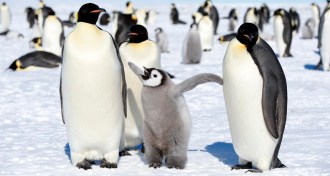 Animals
AnimalsOctomom and six other extreme animal parents
The octopus that brooded her young for 4.5 years is just the start when it comes to tales of extreme parenting.
-
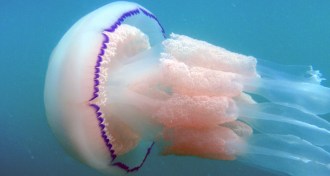 Computing
ComputingBarrel jellyfish may hunt with new kind of math
Barrel jellyfish use a new type of mathematical movement pattern to forage for food, a new study suggests.
-
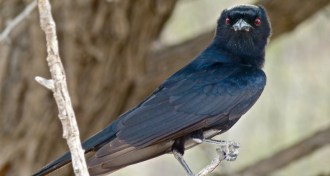 Animals
AnimalsDrongos deceive but weavers let them
The fork-tailed drongos of Africa manipulate others to get a meal, but there is good reason to let them get away with the deception.